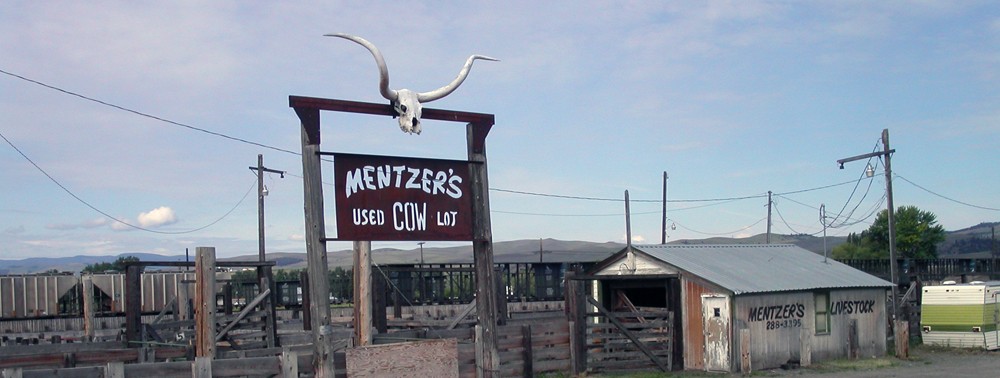Well, the name of it is Old Julia still. I guess you hard of that. — M.R., March 1988.

Former turpentine camp site, St. Johns County, Fla.
“Old Julia” was the name of a turpentine still and camp that operated in rural St. Johns County, Fla., in the 1920s and 1930s. And then, like other temporary naval stores processing sites in the Coastal Plain flatwoods, its owner moved the buildings and people to another stand of longleaf pines to extract resin for distillation into turpentine.
“M.R.” worked in the woods for most of his life. I interviewed him and another former worker about life in the lumber industry during the years bracketing World War II. They told me chipping trees, hauling resin, and shopping in the company commissary. “That was really the only store around here to buy groceries,” said M.R. in the living room of his modest frame home. “They had the best white bacon. You could smell that thing cooking.”
When I visited the Old Julia still site in 1987 and 1988, it was little more than broken clay and glass and discarded rusted metal tools scattered across the white Coastal Plain sand forest floor. When its owners moved the still and its associated camp, they established an enduring rural unincorporated hamlet called Elwood. “I guess in the thirties it moved to Elwood. I believe it was sometime in the thirties,” recalled M.R.
In 1942, Edge & Maguire — the company that owned Old Julia (and later Elwood) — was sold to one of its founding partners, Leo Maguire. The legal instrument recording the sale included a complete inventory of the company’s assets. They included horses and mules, 135 thousand clay turpentine cups and metal gutters, 32 shanties, two dwellings, and the “commissary, including all stock and fixtures.”

Edge and Maguire inventory, August 31, 1942. St. Johns County (Fla.) land records.
Read more about Old Julia and Elwood and see some photos in a new Like the Dew post.
***

Turpentine still. North Florida. U.S. Farm Security Administration/Office of War Information Black & White Photographs. Library of Congress.

Moving day in the turpentine pine forest country. North Florida. U.S. Farm Security Administration/Office of War Information Black & White Photographs. Library of Congress.

Turpentine worker. Georgia. U.S. Farm Security Administration/Office of War Information Black & White Photographs. Library of Congress.
© 2013 D.S. Rotenstein
Shortlink for this post: https://wp.me/p1bnGQ-2eE
